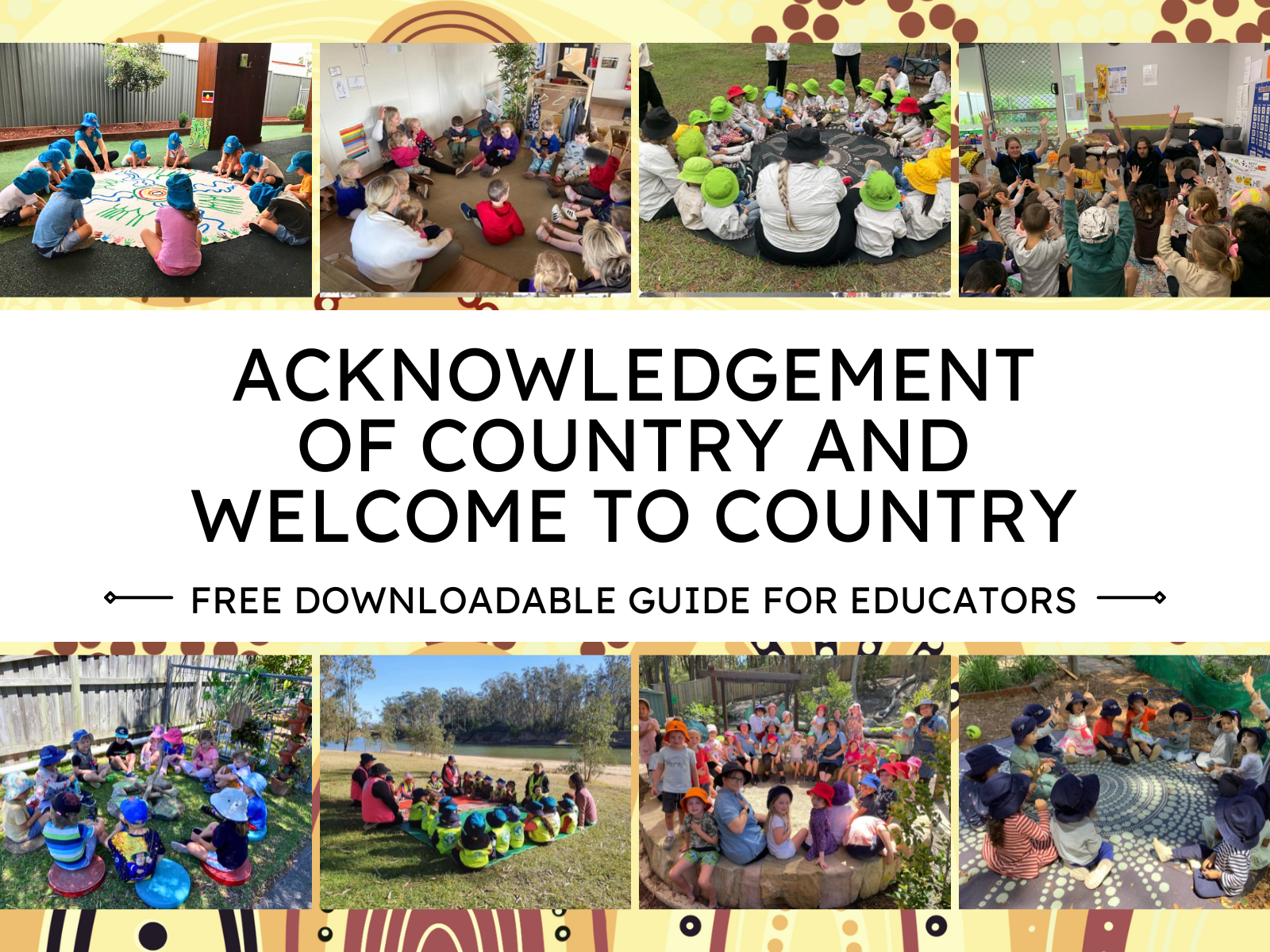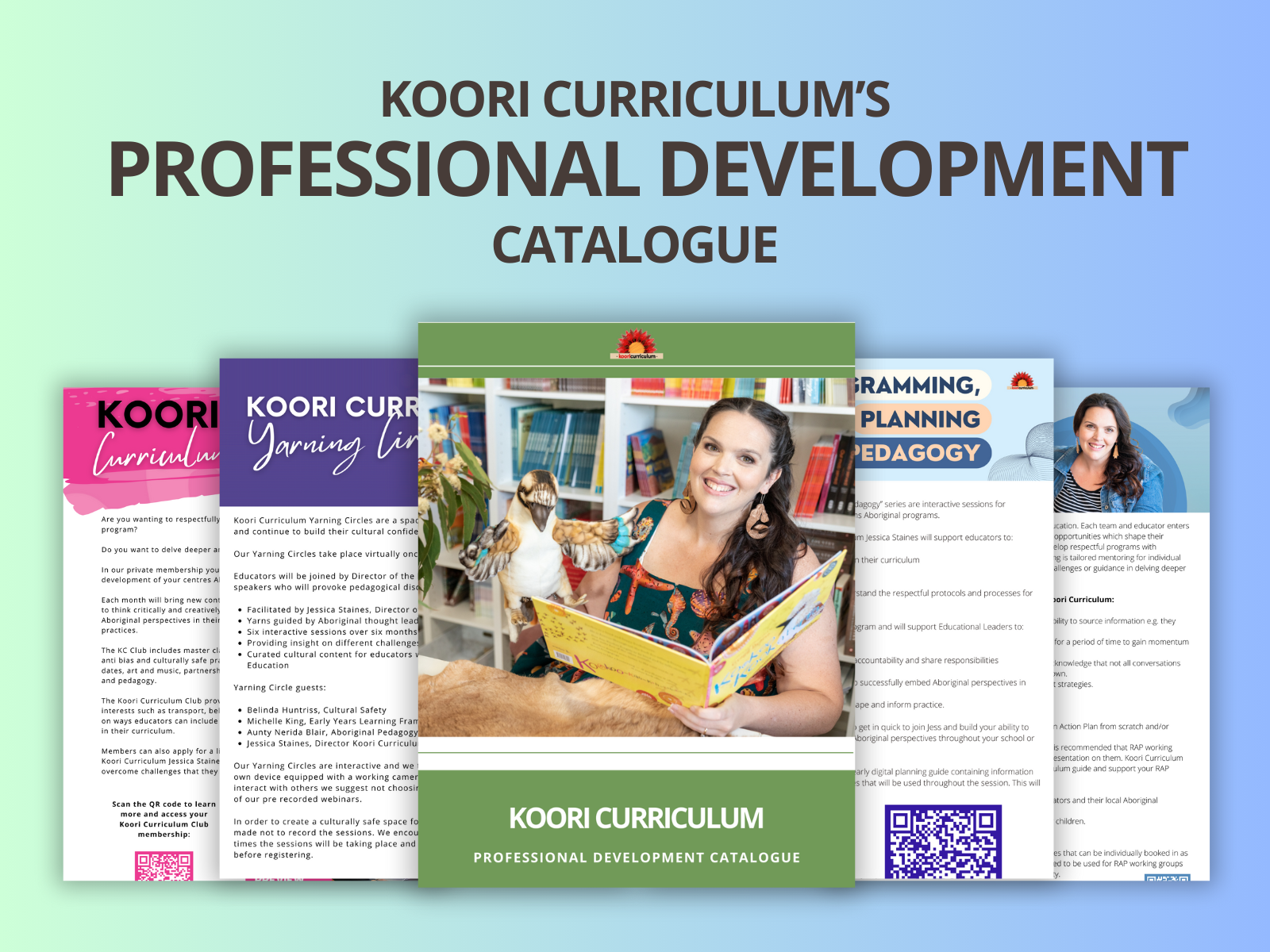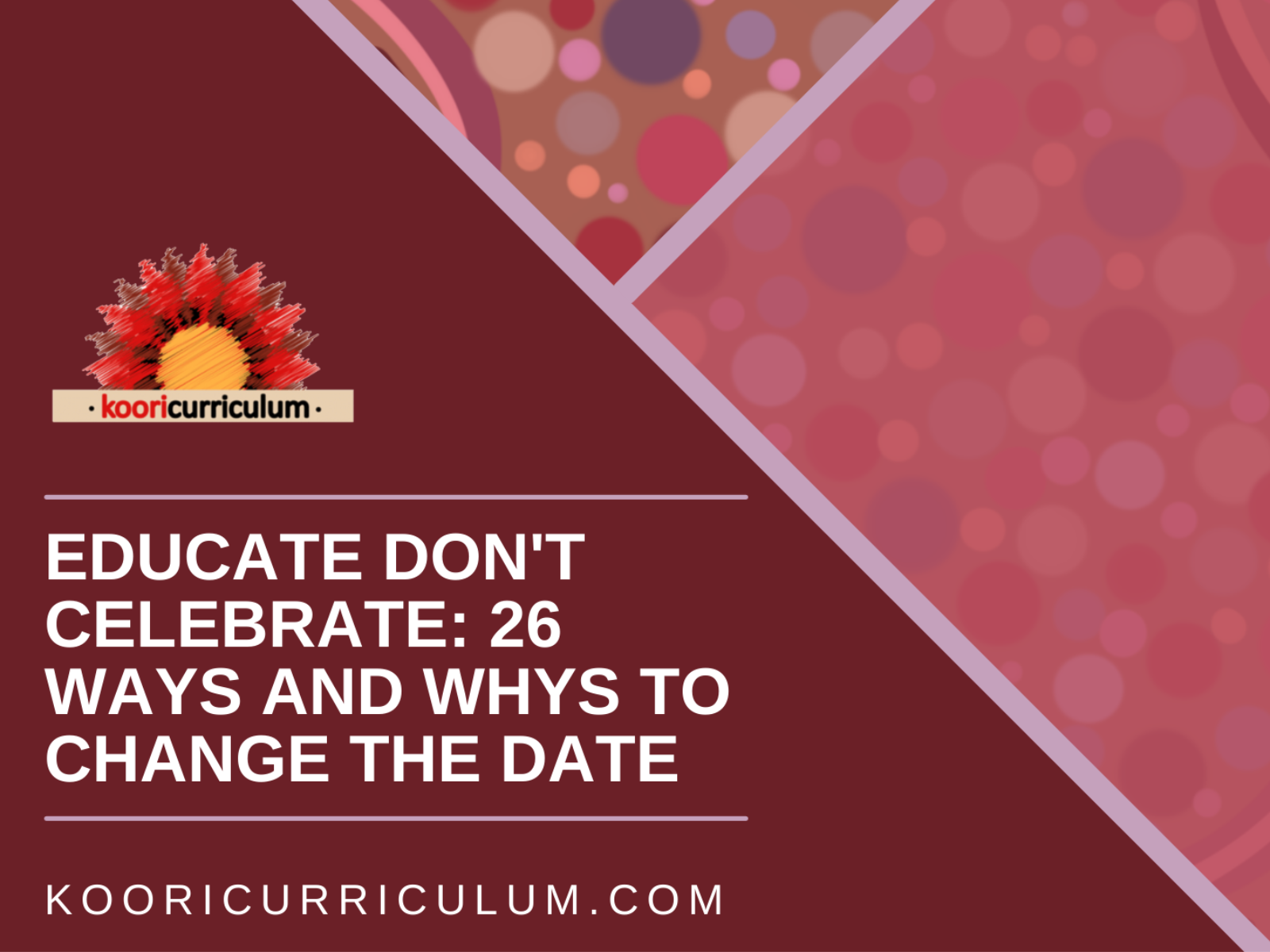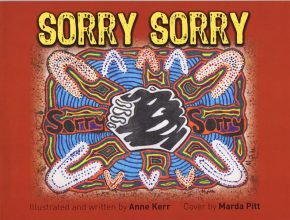
The dual meaning of the 26th of January. Australia Day and Invasion Day is there room for both?
As 26th of January quickly approaches there is a flutter on many early childhood forums discussing Australia Day experiences and activities to do with children. However, I really want to know how many educators share with children the dual significance of 26th of January being that Australia Day is also known as Invasion Day?
The Australia Day Council explains the day as “On Australia Day we come together as a nation to celebrate what’s great about Australia and being Australian. It’s the day to reflect on what we have achieved and what we can be proud of in our great nation. It’s the day for us to re-commit to making Australia an even better place for the future”.
However, Creative Spirits writes on their website “To many Aboriginal Australians there is little to celebrate and it is a commemoration of deep loss. Loss of their sovereign rights to their land, loss of family, loss of the right to practice culture… Aboriginal people call it ‘Invasion Day’, ‘Day of Mourning’, ‘Survival Day’ or, since 2006 ‘Aboriginal Sovereignty Day’.
Educators bring their own cultural values, beliefs and practices into the classroom with them which subconsciously shapes the interactions and experiences that they provide for children. It can be difficult for educators to understand and facilitate culturally based experiences that are different from their own. In fact many don’t, not because they don’t see the importance of diversity and difference but because they are fearful of being offensive and doing the wrong thing.
I know many educators think that the inclusion of Invasion Day in early childhood programs is too political and pushes adult agendas onto young children. Whilst I understand this view and way of thinking I also believe that by not doing something we are marginalizing Aboriginal people and catering to a mainstream way of thinking and being.
Below I have selected a range of books that I feel would be appropriate to share with children on 26th of January that reflect the significance of the date for Aboriginal people.
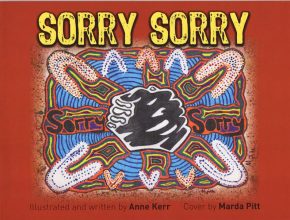
Kerr writes a short, simple and factual story of the arrival of the First Fleet in her book “Sorry Sorry”. What I really liked about this story is that Kerr explains how the settlers disrespected the Aboriginal people and their home without talking about violence, death and the removal of children. Kerr also ends the book on a positive note talking about reconciliation and how “the others” realized their actions were wrong and apologized to the Aboriginal people for what they had done.
In the past I’ve read “The Rabbits” by John Marsden and Sean Tan to young pre-school children. Marsden and Tan use allegorical characters of rabbits and possums to tell the story of invasion. What has stopped me from continuing to use this book is that it is quite dark and refers to the removal of children. Whilst educators can reassure children who may become frightened by saying that this took place a long time ago, the reality is that 1 in 6 Aboriginal children are currently in out of home care and this isn’t a story of the past but a reality for many Aboriginal children and communities.
“Stories for Simon” is another children’s picture book written by Lisa Miranda Sarzin. This story does talk about the Stolen Generations in greater detail then “The Rabbits” but it is interwoven into a larger story which is much more optimistic. This book allows children to critically reflect on what happened to the Aboriginal people and is easy for educators to use as a spring board for further learning and discussion.
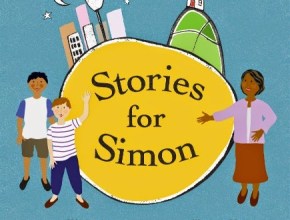
Whether or not we should talk to young children about the stolen generation is a decision that I believe should be made in consultation with your colleagues and families. I’ve worked in early childhood services in different communities and my decision was different each time, out of respect for the families of children who I was teaching. I recently taught in a community with a high Aboriginal population and I deeply felt that sharing stories with children about the stolen generation was something that they should hear from their families first.
Before we can talk to children about invasion day it is important for educators to firstly acquire knowledge and understanding themselves. I highly recommend a cultural plunge and if you haven’t before, attend a local Aboriginal event on 26th of January. Sydneys Yabun festival in Victoria Park is an event not to be missed. Alternatively you could visit The Australian Museum who have a permanent informative Aboriginal exhibition.
For further readings visit www.creativespirits.com.au or purchase the book “They Took the Children” by David Hollinsworth.
Please share on the Koori Curriculum facebook page any experiences or other books that you use with young children to acknowledge invasion day https://www.facebook.com/Kooricurriculum/

